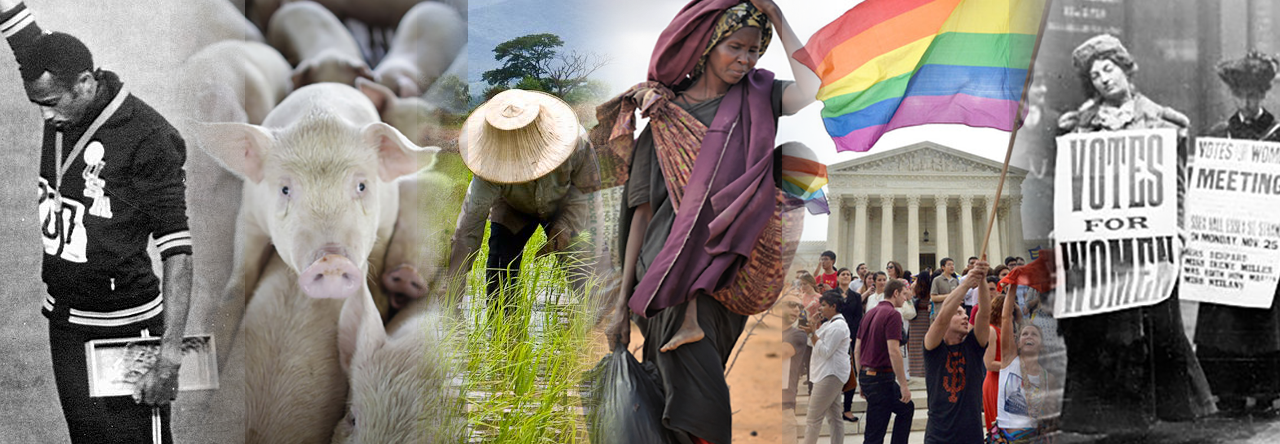In this post, Erin Beeghly and Jules Holroyd introduce a recent symposium they edited in Journal of Applied Philosophy on the role of biases in oppression and injustice.
For over a century, activists and theorists have decried the role of prejudice and stereotyping in creating—and sustaining—group oppression. In an 1892 editorial, Ida B. Wells argued that white lynch mobs and their defenders seemed to believe that all black folks were “criminal, ignorant, and bestial.” In liberation movements of the mid-to-late 20th century, feminists and anti-colonial theorists likewise critiqued stereotyping and prejudice as part of their push for social equality and political self-determination. “My true wish,” writes Frantz Fanon in Black Skin, White Masks, “is to get my brother, black or white, to shake off the dust from that lamentable livery built up over centuries of incomprehension.” “Shaking off the dust” requires, in part, freeing one’s heart and mind from biases.
But how easy is it to do this, and how significant are these personal, psychological transformations to ending injustices? In the 1990s and early 2000s, psychologists increasingly began to argue that social biases had gone “underground” in our psychologies, and were therefore both widespread and particularly difficult to root out. They referred to these biases as “implicit.” Implicit bias was posited as an important cause of discrimination and exclusion, capable of explaining why social inequality could persist in the absence of ill will and explicit prejudice. Yet many objections exist to explaining injustice via prejudicial attitudes and implicit bias in particular. Some worry that attention to the role of psychological factors obscures the real causes of injustice, which are structural in nature. Others argue that implicit bias theorists downplay the existence of explicit racism, sexism, and homophobia in the 21st century. Yet others contend that the scientific quality of the research is questionable and not sufficiently predictive of real-world behaviour.
In 2016 and 2017, we—along with Alex Madva—hosted a series of four workshops to scrutinize these critiques, and explore how one might understand the role of psychology in group oppression. This post provides a brief snapshot into the conference series, as well as the symposium that emerged out of it. We outline some of the symposium’s main themes and connect these with the three articles featured in it, as we do in our introduction to the symposium.
Read More




